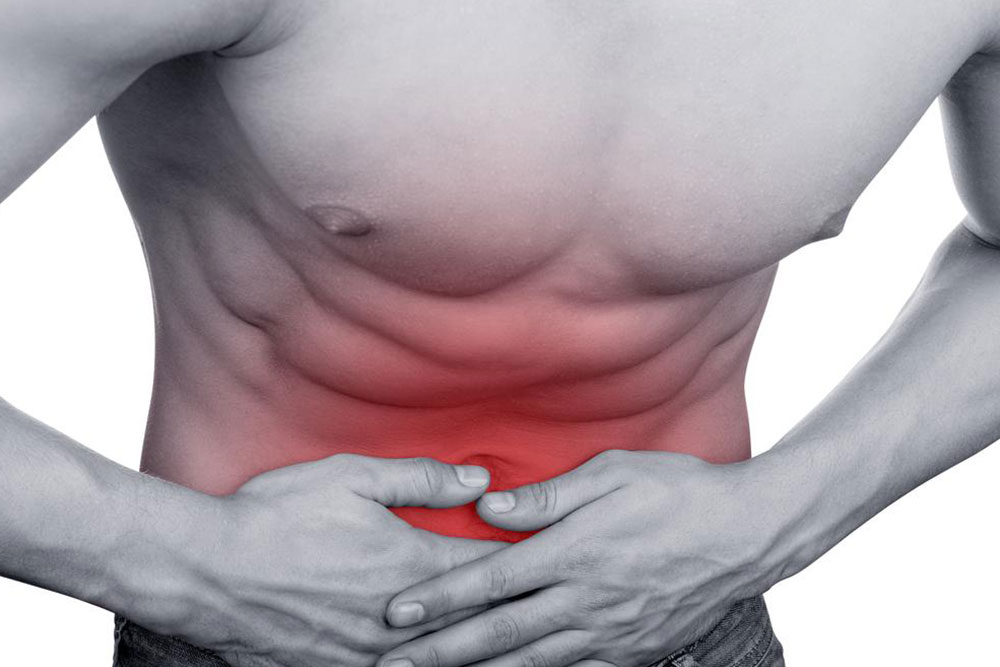Ultimate Guide to Managing Diarrhea-Predominant IBS (IBS-D)
This comprehensive guide offers insights into understanding and managing IBS-D, including its causes, symptoms, triggers, and effective lifestyle and dietary strategies. It emphasizes the importance of holistic approaches such as diet, stress management, and exercise to control symptoms and improve quality of life.

Understanding and Addressing IBS-D
IBS, or Irritable Bowel Syndrome, primarily impacts the large intestine and affects millions worldwide, including approximately 25-45 million Americans. It commonly occurs in individuals aged late teens to early 40s. Symptoms include stomach pain, discomfort, irregular bowel patterns, bloating, mucus in stools, and excess gas. While not dangerous, effective management through lifestyle changes, diet, and medical treatment is essential for symptom control.
Healthcare professionals classify IBS into three categories: IBS-D (diarrhea dominant), IBS-C (constipation dominant), and IBS-M (mixed symptoms).
IBS-D: diarrhea as primary concern
IBS-C: mainly constipation
IBS-M: alternating diarrhea and constipation
Causes of IBS-D
The precise cause of IBS-D remains uncertain, but several factors play a role:
Gut muscle activity
The digestive system depends on muscle contractions to move food. Excessive contractions can cause bloating, gas, and diarrhea, while weak contractions can result in slow transit and hard stools.
Nerve function irregularities
Aberrant nerve responses in the gut can lead to hypersensitivity, resulting in pain, discomfort, or irregular bowel movements.
Gut inflammation
Increased immune cells in the intestinal lining can cause inflammation, contributing to diarrhea or constipation symptoms.
Infections
Bacterial infections or overgrowth can predispose individuals to IBS-D.
Triggers that worsen IBS-D
Certain factors can aggravate symptoms, including:
Foods like processed foods, dairy, refined grains, and some vegetables
Psychological stress and daily life pressures
Hormonal shifts, especially during menstruation in women
Unhealthy habits such as irregular sleep, poor diet, and inconsistent routines
Stress notably intensifies IBS-D symptoms by impacting gut motility and sensitivity. Hormonal fluctuations can also trigger episodes, especially in women. An unhealthy or inactive lifestyle further influences symptom severity.
Managing and Treating IBS-D
Diagnosis relies on symptom review and medical history, as there is no specific test for IBS-D. Treatment aims to alleviate symptoms through lifestyle modifications, dietary adjustments, stress management, and medications when necessary.
Dietary changes include avoiding gas-producing foods like carbonated drinks, caffeine, certain fruits, and vegetables. Some patients benefit from gluten elimination.
Simple lifestyle adjustments like increasing fiber intake, maintaining regular meal times, and staying physically active can substantially help. Understanding triggers and implementing these strategies can enhance quality of life. Combining healthy eating, exercise, and stress reduction often offers effective symptom control and promotes well-being.


